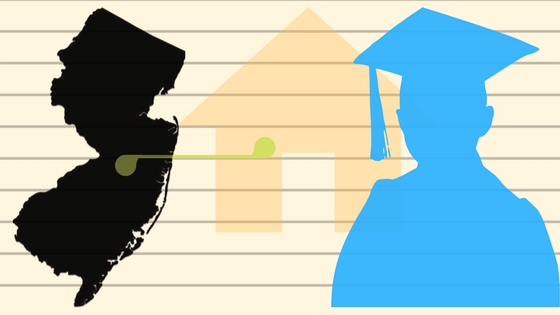It’s 10:00 A.M and you wake up to the rays of light streaming through your window. You rub your groggy eyes and get out of bed. You walk downstairs to the kitchen where your mom is making a big pancake breakfast. You sit down and eat slowly, taking your time to wake up before doing your work. It’s Monday morning and you have a full week of school ahead of you. The only thing is, your classroom is your house.
Rather than send their child to public or private school, some 2 million US parents opt to educate their children themselves, or use a private tutor. Not to mention, many students choose to be homeschooled. It seems strange for many of us. Why homeschool? Because proponents of homeschooling are dissatisfied with the educational opportunities available in traditional education. They might associate traditional school with bullying, peer pressure, and endless distractions. It is also possible that their religious beliefs are not in accordance with the traditional curriculum, or perhaps they feel children can receive a higher quality, more personalized education at home. More recently, homeschooling has become popular among young professionals, such as dancers, actors, and athletes, who need the flexibility in order to continue working.
In New Jersey, there is law requiring that “every… child between six and sixteen… regularly attends the public schools of the district or a day school in which there is given instruction equivalent to that provided in the public schools for children of similar grades and attainments” or receives “equivalent instruction elsewhere than at school.” As a result, New Jersey formally recognizes homeschooling as a credible source of education as long as the quality is equivalent. The local board of education is required to enforce this “Compulsory Education” law. If the local Board of Education determines that there is credible evidence that a guardian is preventing a child from receiving adequate education, the board may request documentation: a letter of intent confirming that the child is receiving equivalent instruction elsewhere. If the documentation reveals that the child in question is not receiving proper education in accordance with this law, the board may consult an attorney regarding possible charges. The parent/guardian may be deemed a disorderly person in the eyes of the law and are subject to a fine not more than $25.00 for the first offense and not more than $100.00 for each subsequent offense, in the discretion of the court. As a result, these guardians may be forced to enter their child into the typical schooling system or hire a private tutor.
There are more examples of interesting regulations pertaining to homeschooling in New Jersey. For instance, the person teaching a student outside of the formal education system is not required by law to be a certified teacher in the State of New Jersey. Also, a board of education may allow a child educated outside of a school to participate in extracurricular activities or sports activities, but they are not required to do so. Not to mention, home-schooled students are not required to take standardized testing.
While some RHS students may be shocked to know that many Americans engage in this form of education, homeschooling is a viable option. Homeschooling is legal in all 50 states and in many other foreign countries. The percentage of homeschooled individuals is rapidly increasing by about 7-15% each year. In general, the many alternatives to public school have allowed students to make the right choice for themselves based on their individual needs.
Gabriella Trama
staff writer
Graphic: Amelia Chen


Homeschooling does not equate to an easy, laid-back lifestyle. The reasons you post for homeschooling, such as “They might associate traditional school with bullying, peer pressure, and endless distractions” completely ignores the fact that homeschooling can be way more efficient. Traditional education is slow, and if you’re lucky half your subjects will interest you.
During the summer I studied for 10-14 hours a day, taking structured breaks to avoid too much mental strain. I did this with six out of seven days studying.
One week with such a schedule can easily bring you 70+ hours, and when focused on a single subject, can be comparable a year’s worth of a school subject.
If you set a strict schedule you could learn an undergraduate course over Christmas break or something, but most students aren’t interested enough in something.
I think you should all learn graph theory though, even though MIT OCW’s undergraduate course only covers the basic stuff.